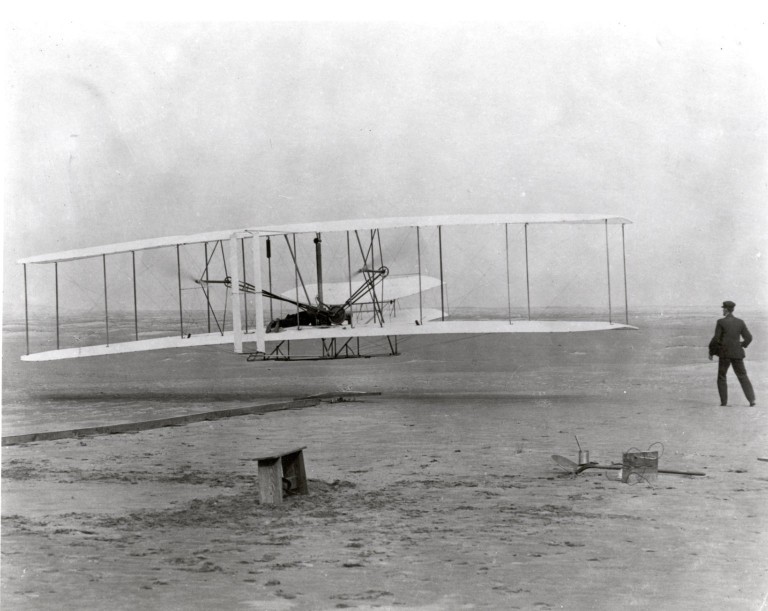David Siebert
CONTRIBUTOR
Science, as you well know, has accomplished some pretty great things. Humans have walked on the moon, discovered vaccines, and now regularly perform surgery without killing the patient. The history of science, though, reveals we haven’t always got it right. There are some ideas in the history books so incredibly wrong, so laughably bad, so obviously false that it’s hard to believe anyone ever considered them right.
On December 14, professors, students and members of the public packed into a classroom at the University of Waterloo for an event called “This Idea Must Die Day,” to discuss the question: “What concepts and theories are blocking progress in understanding mind, brain, and intelligence?” Their mission was to discuss why certain ideas must die.
The ideas were abstract, deeply theoretical, and resplendent with jargon. It was clear that the speakers were deeply imbedded in their fields, but also that bad ideas have real world consequences.
Dr. Brian Cozzarin of the Faculty of Management Science spoke about one idea that has a direct impact on his life. Dr. Cozzarin wants us to kill off the idea of “Autism as Disability.” Cozzarin, you see, has autism. Or rather, as he poetically said, he “travels” with Autism Spectrum Disorder (ASD). “Those with autism see the world differently,” he said, and “they spend a lot of time trying to figure out patterns, they tend to be very creative, they work tirelessly to figure things out, they will ask the questions nobody has ever thought to ask before, and they will find the most nitpicky teeny little mistakes.”
Cozzarin expressed a desire for a change in language that could in turn change the ways that researchers, media and teachers understand ASD. Cozzarin acknowledged that some people with autism are affected by intellectual impairments, but argued that just as many do not. Instead of putting all our resources into preventing, curing or treating ASD, Cozzarin asks researchers to look at the positive side of autism as well. Challenging the audience he asked, “how can an autistic person be so terrible at some things and brilliant at others?”
Even after Cozzarin spoke, members of the audience still qualified their questions with phrases like “sufferers of ASD” and “people dealing with ASD.” Ideas, it would seem, are not easily or quickly killed off.
This Idea Must Die focused solely on cognitive science, but we would do well to question ourselves, our ideas, and generally to practice a bit of intellectual humility. In five, 50, or 150 years what notions will be considered horribly out of date? Maybe our labelling of mental illnesses will bite the dust? Perhaps our obsession with fossil fuels will shuffle off this mortal coil? It’s difficult, if not impossible, to say definitively which modern ideas should die. But that is no reason not to try.

